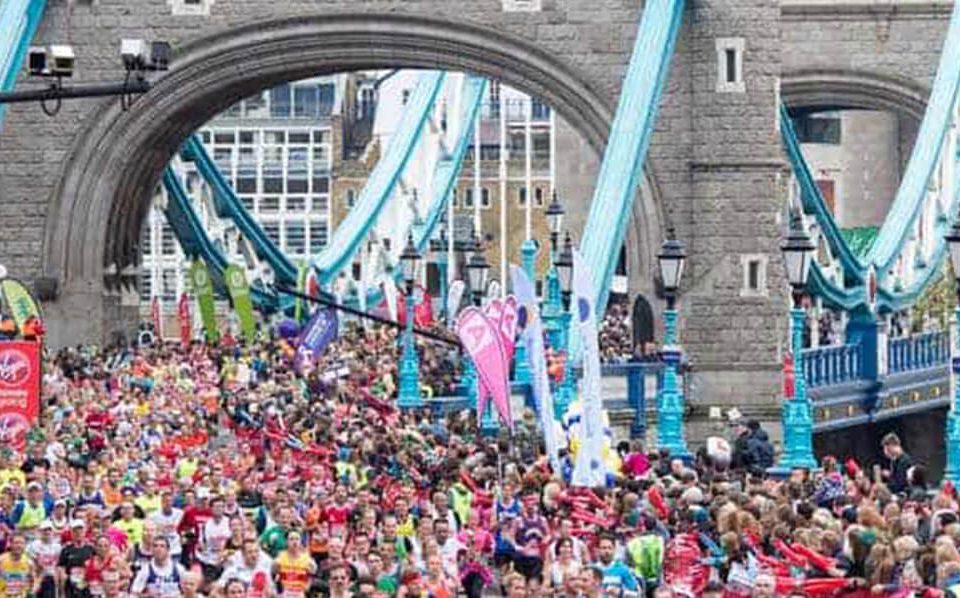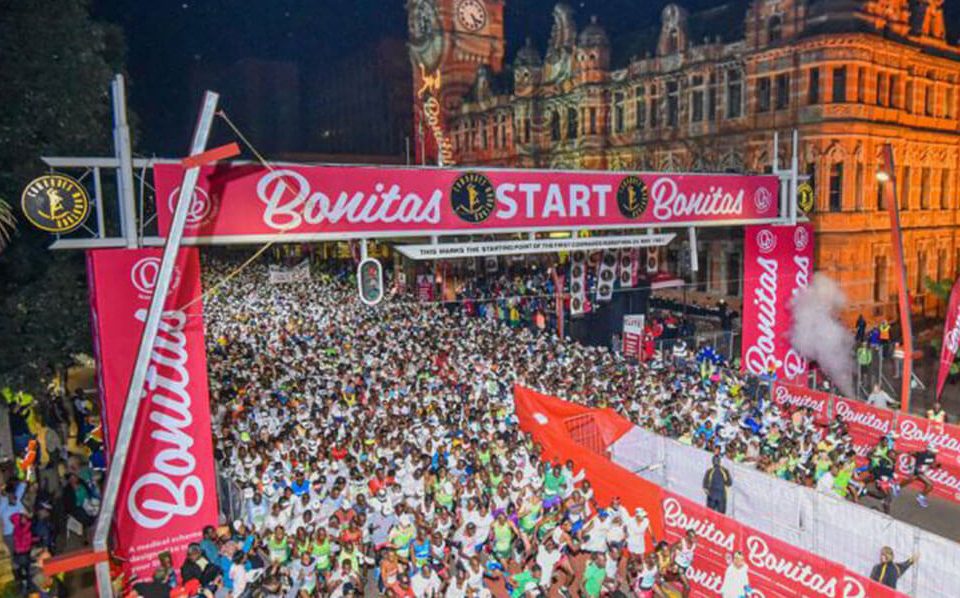Training Experiences
April 7, 2017
20 days from today,on the 23rd of April,together with a number of recreational running friends I, will be taking part in the 36th edition of Virgin Money London Marathon. (London Marathon is part of the Abbott world Marathons-Tempo run today-Tempo runs increase the body’s lactate threshold, or “LT.” which is the point at which lactic acid begins to accumulate in muscles.
March 31, 2017
Keep moving if you can. If you come to a sudden stop at the finish line after an all out effort, there is a possibility of feeling dizzy and at times one may collapse (postural hypotension).This is because in an all out effort, the heart rate and blood pressure are very high and additionally, the rhythmic contractions of muscles while running provide an strong pump like effect on blood vessels encouraging blood to circulate back from the legs.
March 26, 2017
The Comrades Marathon is an ultramarathon of approximately 89 km (approx. 56 miles) which is run annually in the KwaZulu-Natal Province of South Africa. The Comrades was run for the first time on 24 May 1921 (Empire Day), and with the exception of a break during World War II, has been run every year since.
March 24, 2017
What you eat and drink can make or break your race.It’s important to have a nutrition plan for the week leading up to your marathon. This provides the perfect complement to your taper and gets you to the race in a perfect shape. The plan needs to start early in the training by consuming all that the body requires for energy, muscle repair and body immunity.
March 17, 2017
This is important for a runner not only to help maintain good health but also promote optimal performance. A balanced diet for healthy runners should include carbohydrates, protein, fats, vitamins, and minerals. Balanced meals for runners should comprise roughly 20 percent fats, 60 percent complex carbohydrates and 20 percent proteins. Ensure that you consume plenty of fresh fruits and vegetables.
February 24, 2017
Staying well hydrated is vital to successful marathoning during training, and racing. Dehydration causes your blood volume to drop, which lowers your body's ability to transfer heat and forces your heart to beat faster, negatively impacting performance. Blood and other fluids help remove waste products and bring nutrients to tissue for repair.Dehydration in athletes may lead to fatigue, headaches, decreased coordination, and muscle cramping.






